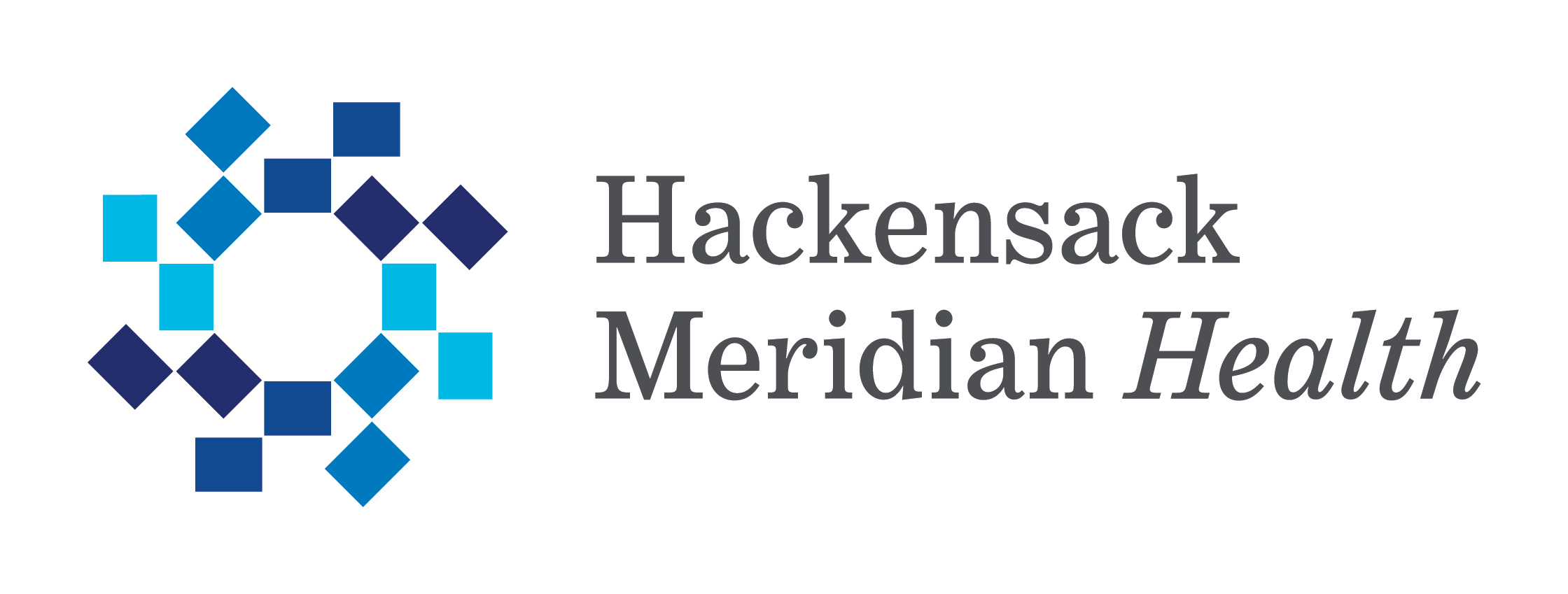Newswise — Neptune, NJ – May 6, 2015 – On May 1, 2015, Jersey Shore University Medical Center – part of Meridian CardioVascular Network – became the first hospital in New Jersey to perform the newly approved Watchman Left Atrial Appendage Closure (LAAC) Implant procedure, providing patients with non-valvular atrial fibrillation (AF) an alternative to long-term “blood-thinning” warfarin medication. Atrial fibrillation (AF) is a heart condition where the upper chambers of the heart (atrium) beat too fast and with irregular rhythm (fibrillation). AF is the most common cardiac arrhythmia, currently affecting more than five million Americans, and poses an increased risk of stroke. The most common treatment to reduce stroke risk in patients with AF is “blood-thinning” warfarin medication. Despite its proven efficacy, long-term warfarin medication is not tolerated by many patients and carries a significant risk for bleeding complications. “Atrial fibrillation is a common condition, and it generally affects older people. Most of us know a neighbor, friend or grandparent with atrial fibrillation. By targeting the place in the heart that produces blood clots which can cause a stroke, the new Watchman technology provides an exciting alternative to warfarin – a medication with many lifestyle and diet implications,” says Brett Sealove, M.D., FACC, RPVI, cardiologist specializing in structural heart imaging. Recently approved by the FDA, the Watchman Implant is designed to close the left atrial appendage (LAA) in order to keep harmful blood clots from entering the blood stream and potentially causing a stroke for higher risk patients with non-valvular AF. By closing off the LAA, the risk of stroke may be reduced and, over time, patients may be able to stop taking warfarin. “Performing the Watchman Device is a one-time procedure that generally takes about an hour. The device is implanted into the heart through a large blood vessel in the leg during a minimally invasive procedure with a team using x-ray and ultrasound technology. After the procedure, patients typically stay in the hospital for 24 hours, and return to their normal lifestyles within a few weeks,” says Riple Hansalia, M.D., interventional electrophysiologist at Jersey Shore.
“The new Watchman Implant provides physicians with a breakthrough for patients with non-valvular AF,” says Ashish Patel, M.D., MPH, interventional electrophysiologist at Jersey Shore. “For patients with non-valvular atrial fibrillation who are seeking an alternative to warfarin, the Watchman Implant offers a potentially life-changing option which could free them from the challenges of long-term warfarin therapy.” About Jersey Shore University Medical Center:Jersey Shore University Medical Center, a member of the Meridian Health family, is a not-for-profit teaching hospital and home to K. Hovnanian Children’s Hospital – the first children’s hospital in Monmouth and Ocean counties. Jersey Shore is the regional provider of cardiac surgery, a program which has been ranked among the best in the Northeast, and is home to the only trauma center and stroke rescue center in the region. Through the hospital’s clinical research program, and its affiliation with Rutgers Robert Wood Johnson Medical School, Jersey Shore serves as an academic center dedicated to advancing medical knowledge, training future physicians and providing the community with access to promising medical breakthroughs. For more information about Jersey Shore University Medical Center call 1-800-DOCTORS, or visit www.JerseyShoreUniversityMedicalCenter.com.
